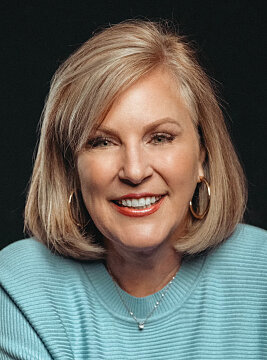Living the Five: Participant and Leader Book
Each community group is called to live out five principles.
An alternative type of small group is emerging in the community with less overhead and more mobility, which allows the congregation to reach into smaller settings. The community group harnesses the potent combination of evangelism and ethics, recalled from Wesley’s class meetings, which fueled the Methodist awakening in the UK and USA. In the 19th-century Methodist movement, Sunday schools often were organized in village settings and eventually became congregations.Harvest Church (www.harvestchurch4u.org), a young United Methodist congregation twenty miles southwest of Macon, met for seven years
(on Sundays) on the move in a rented theatre. They learned about adaptive systems, digital multimedia tools, and flexible overhead. Since building a multipurpose facility on 43 acres near Warner Robins, Georgia in 2007, Harvest Church applied what they learned about mobility and sustained rapid growth to 2,700 in worship attendance, with seven weekend services. They dispensed with a typical education wing (at significant cost savings) and classrooms in favor of four multipurpose rooms. Over the past two years they adopted a community group strategy. This type of community groups is evolving at several other large churches (e.g., the independant Seacoast Church) by establishing “community groups” primarily in homes. In the first year they have expanded from 72 community groups to over 300 community groups, and more than 100% participation.
Living the Five Participant and Leader Guide and the Living the Five videos are positioned as the initiating resource for every community group. Each community group is oriented to live out five declarative principles:
1. You can’t do life alone.
2. Growing people change.
3. Saved people serve people.
4. Found people find people.
5. Worship is a lifestyle.










